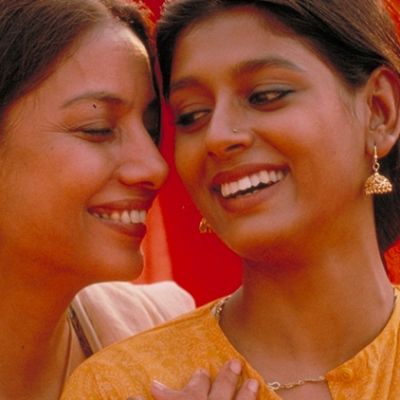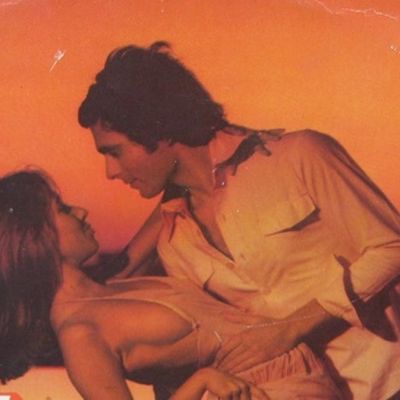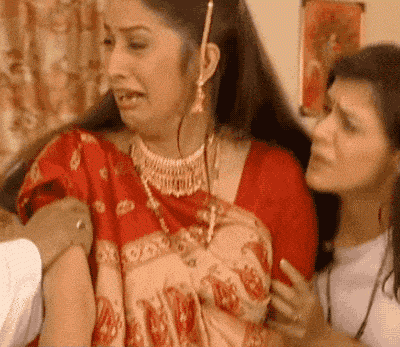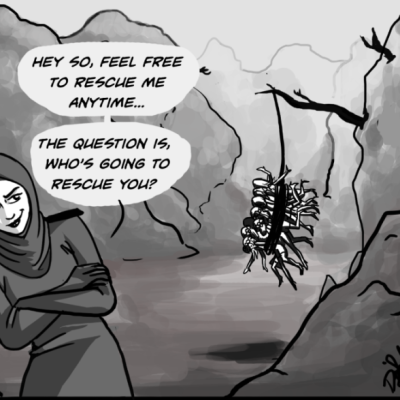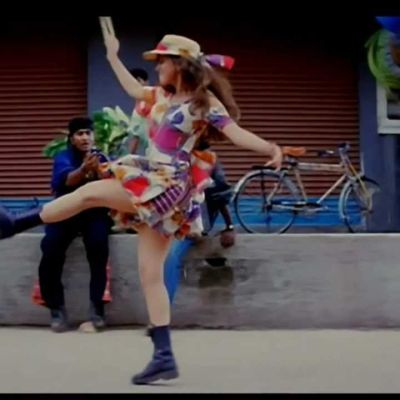Sexuality
Somewhere in the middle of Nanette, as I was crying and laughing, I thought about how political incorrectness is the soul of stand-up comedy.
When Deepa Mehta’s Fire came out in 1996, violent protests roiled India over the depiction of romance between two female leads. There is no homosexuality in India, demonstrators declared while burning effigies in the Capital. In contrast, when Margarita With A Straw came out in 2014, it received accolades for its sensitive portrayal of queer desire in a woman with disability.
Even in a country obsessed with anime, Kondo’s wedding shocked many. But he wants to be recognised as a “sexual minority” who can’t imagine dating a flesh-and-blood woman.
“अगर आप उसपर हँस सकते हैं तो सब कुछ मज़ाकिया है।” – लुईस कैरोल लुईस कैरोल को अधिकार-आधारित परिप्रेक्ष्य वाला…
While we’ve grown used to hearing porn blamed for society’s ills, it’s now the medium’s comparatively matronly cousin – romance novels – that have come under scrutiny.
एक अलग जेंडर के शरीर के लिए मेरी इच्छा निरंतर और बेदर्द नहीं थी। ये तेज लहर सी होती और हमेशा मुझे उस शरीर के साथ काफ़ी संतुष्ट छोड़ जाती जो मेरे पास था। बृहन्नला का अवतार उस प्रकार की अस्थायी और पलटने योग्य संभावना के लिए एक संदर्भ बिंदु या आदर्श रूप बन गया।
Any narrative that we construct, any single word that we use to describe a person, a relationship, an individual is bound to be incomplete.
घर के काम-काज से
निपट कर
औरतें
दोपहर में
शायद यही बातें करती होंगी
The discursive power vested in audio-visual media can prove to be emancipatory if it seeks to re-write the scripts of love, to expand it to include various subjectivities, disturb the patriarchal gendered dynamics that it is based on by introducing a story that allows the audience to imagine it in various different ways.
Deena Mohamed, Egyptian artist, illustrator and designer, speaks to us about her art and her perspective on politics, patriarchy, feminism, and gender and sexuality.
इस तरह से नाचना न केवल सार्वजनिक स्थानों पर अपनी मौजूदगी दर्ज करने का तरीका हो सकता है बल्कि यह अपने निजी शरीर में आनंद पाने का उपाए भी है – एक ऐसा आनंद जिसे आजतक केवल काम करते रहने में ही आनंदित होने तक सिमित कर दिया गया था।
While pop culture will continue to exist in the mainstream, it also provides us the scope to create alternative narratives and/ or counter-narratives that question, challenge and unpack the existing stereotypes and norms.
In fact, once when I referred to Sheriff Callie (a cartoon character) as a man, I was sternly told she is a woman. Doc McStuffins, another of their favourite cartoon characters, is a smart girl who can fix anything. She inspires my nieces to think boldly.
BDSM has been existent in discussion all the way from the time of the Marquis de Sade. However, the only thing that ’Fifty Shades of Grey’ seems to have done is shine the spotlight on a lifestyle that has existed and been judged for quite some time now.
Each time I would look into the mirror, I would see the love handles bulging through my shirt and cringe inwardly. Mills and Boon had convinced me that my body was not loveable like that of the thin, beautiful protagonists, and thus, there would no knights coming for me on horses, now or later.


